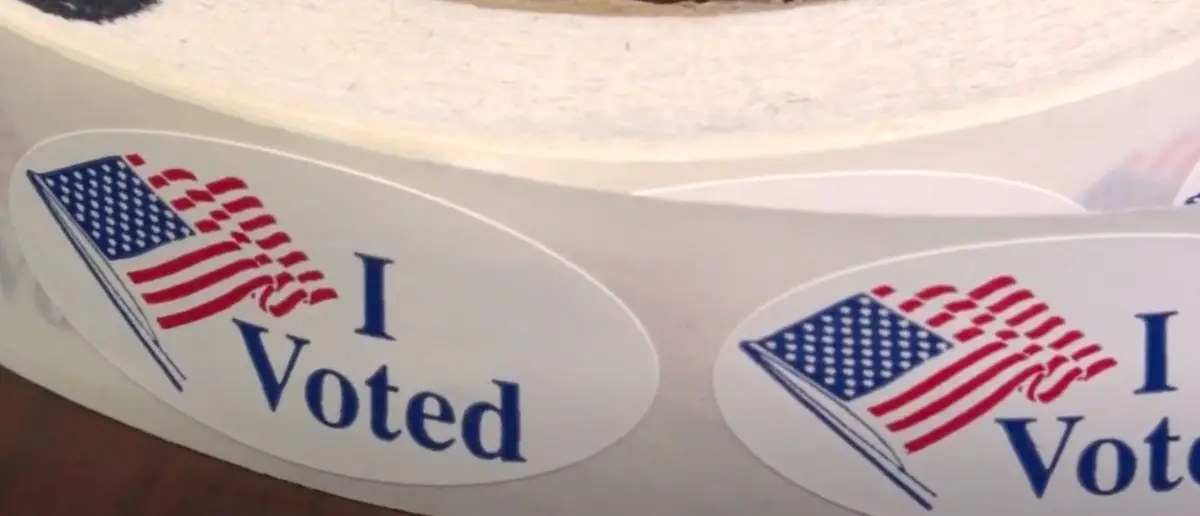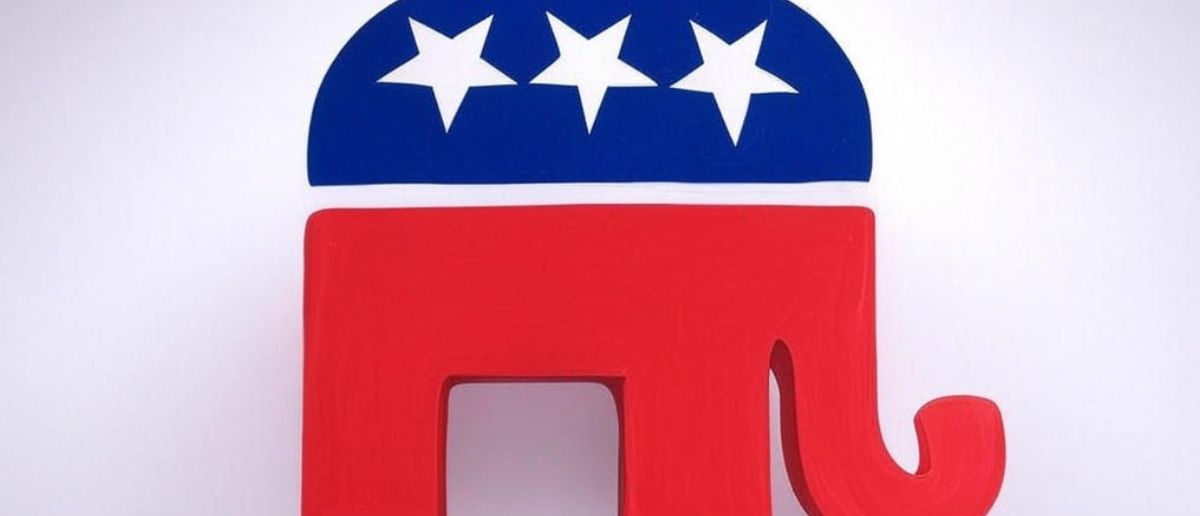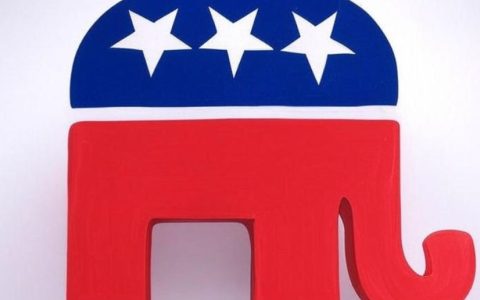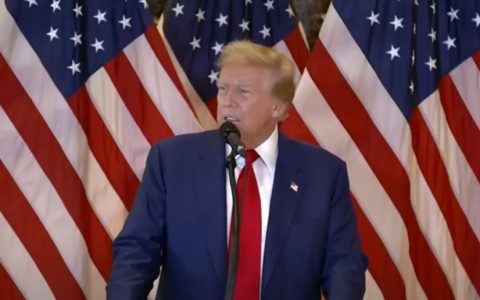
The Art of the Deal has never been more obvious. And some refuse to give Trump his due.
But now Trump announced a sweet trade deal with huge ramifications for Americans.
New Trade Agreement with Indonesia
On Tuesday, President Donald Trump announced a preliminary trade deal with Indonesia, marking a swift resolution just a week after threatening the nation with a 32% tariff.
In a Truth Social post, Trump shared, “Great deal, for everybody, just made with Indonesia. I dealt directly with with [sic] their highly respected President [Prabowo Subianto]. DETAILS TO FOLLOW!!!”
This agreement follows Trump’s earlier declarations of trade deals in principle with the UK, China, and Vietnam, as well as a “roadmap” with India, after initiating a global trade strategy on April 2 with threats of “reciprocal” tariffs.
The deal with Indonesia, a nation of nearly 290 million people and a major exporter of textiles and agricultural products, aims to address trade imbalances and enhance access for American goods, despite Indonesia’s trade volume with the U.S. being comparable to that of Israel and outside the top-20 trading partners.
Strategic Focus on Trade Deficits and Market Access
Trump’s trade policy centers on eliminating foreign tariffs and restrictions that hinder U.S. exports while reducing trade deficits.
The Indonesia deal aligns with this approach, following agreements with Vietnam (20% tariff), the UK (10% tariff), and China (temporary 30% tariff pending further talks), all of which include commitments to open foreign markets to American products.
These deals maintain tariff rates higher than the 2024 U.S. average of 2.2%, as reported by the World Trade Organization, reflecting Trump’s push for stronger trade terms.
With reciprocal tariffs set to take effect on August 1 for nations without agreements—including major partners like the European Union, Japan, and South Korea—the administration is intensifying efforts to secure favorable deals.
Economic Implications Amid Inflation Concerns
The trade deals intersect with Trump’s economic agenda, particularly his pressure on the Federal Reserve to lower interest rates.
Federal Reserve Chair Jerome Powell has resisted rate cuts, citing potential inflationary pressures from Trump’s tariffs.
The Consumer Price Index for June, released Tuesday, reported annual inflation at 2.7%, complicating efforts to reduce borrowing costs for business loans, home mortgages, and car leases.
Trump’s trade strategy, including the Indonesia deal, aims to bolster U.S. production and economic growth, but the elevated tariff rates and ongoing trade war have raised concerns about their impact on prices.
As negotiations continue with other nations, the administration seeks to balance trade reform with economic stability, navigating the complex interplay of tariffs, inflation, and global market dynamics.





